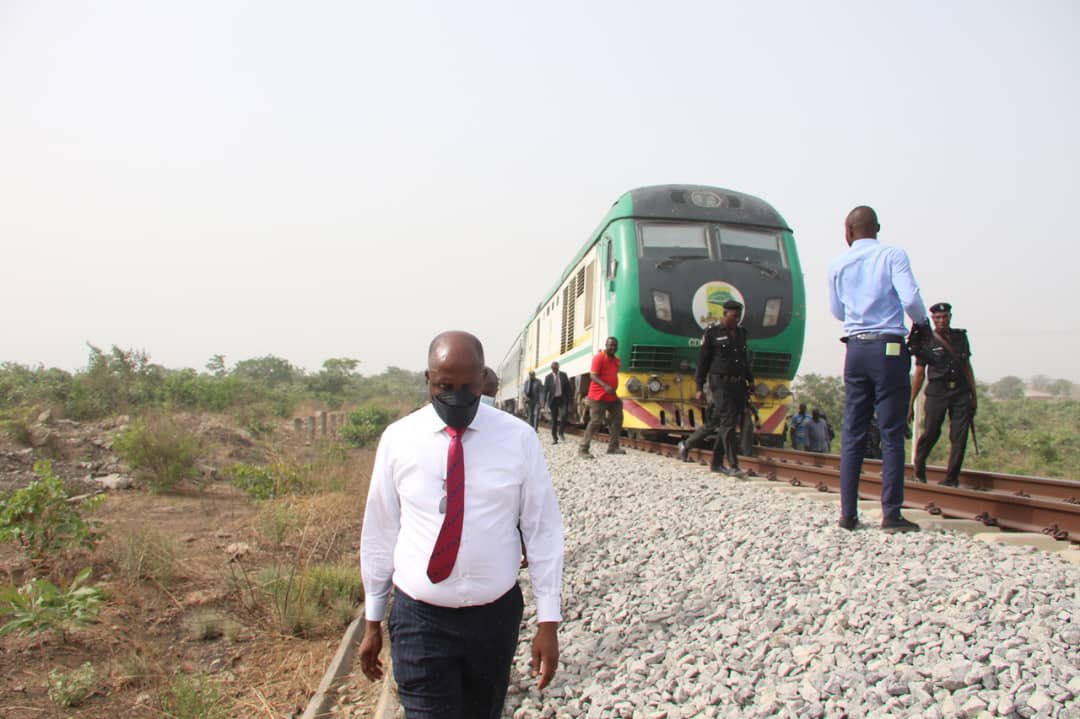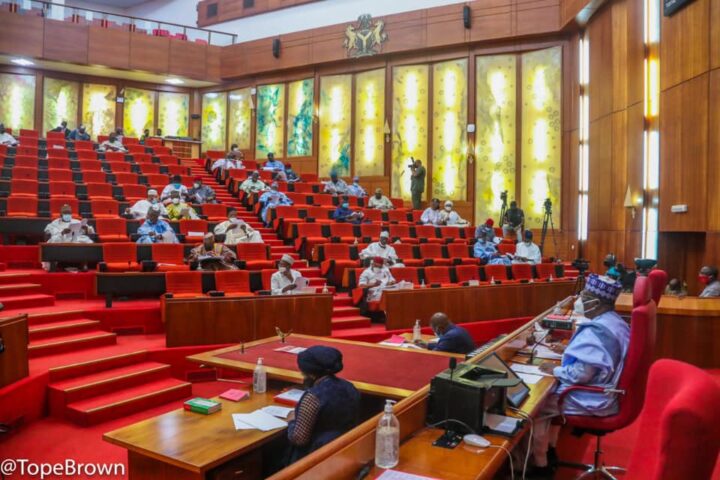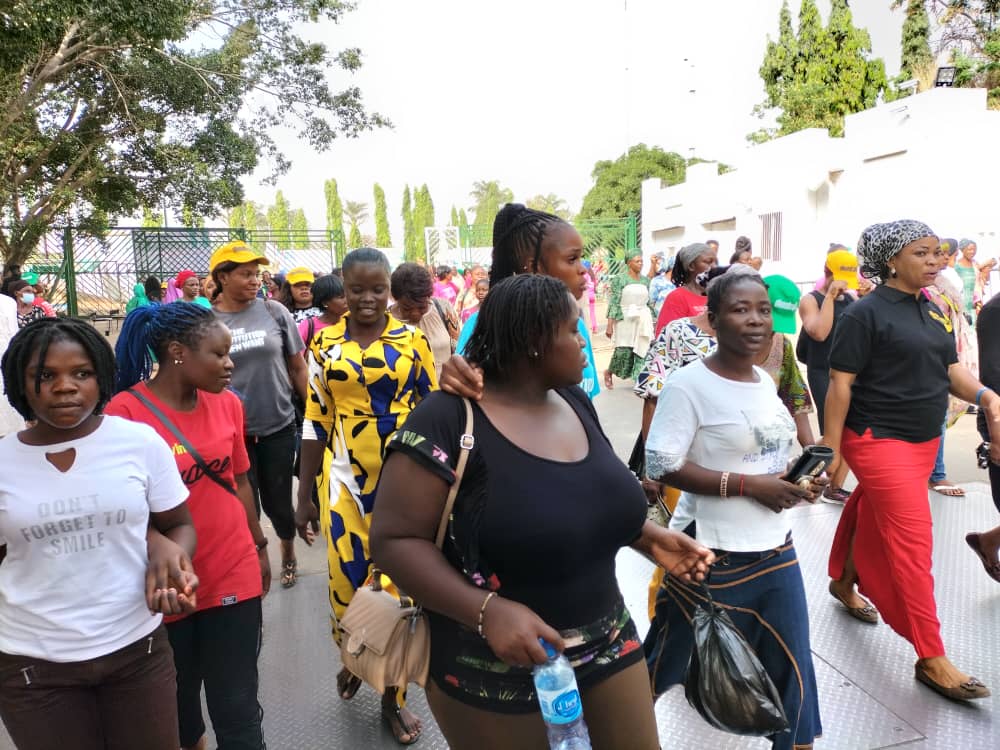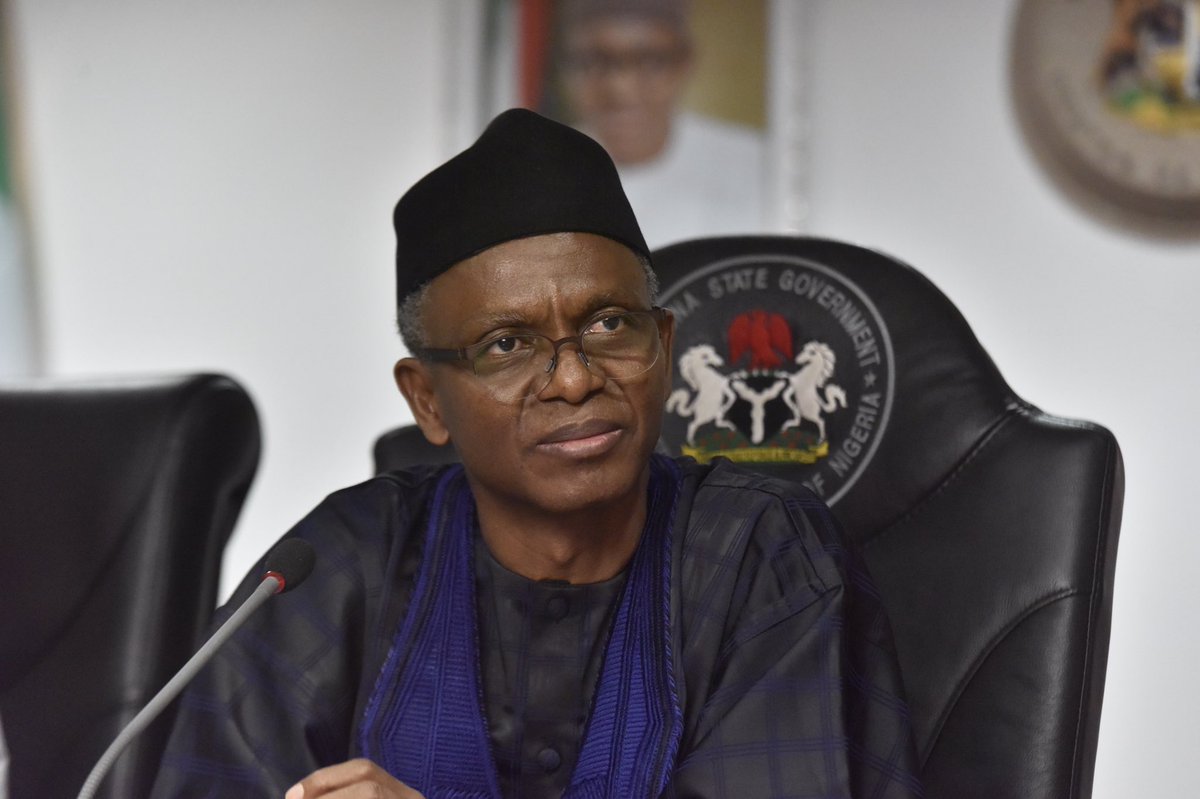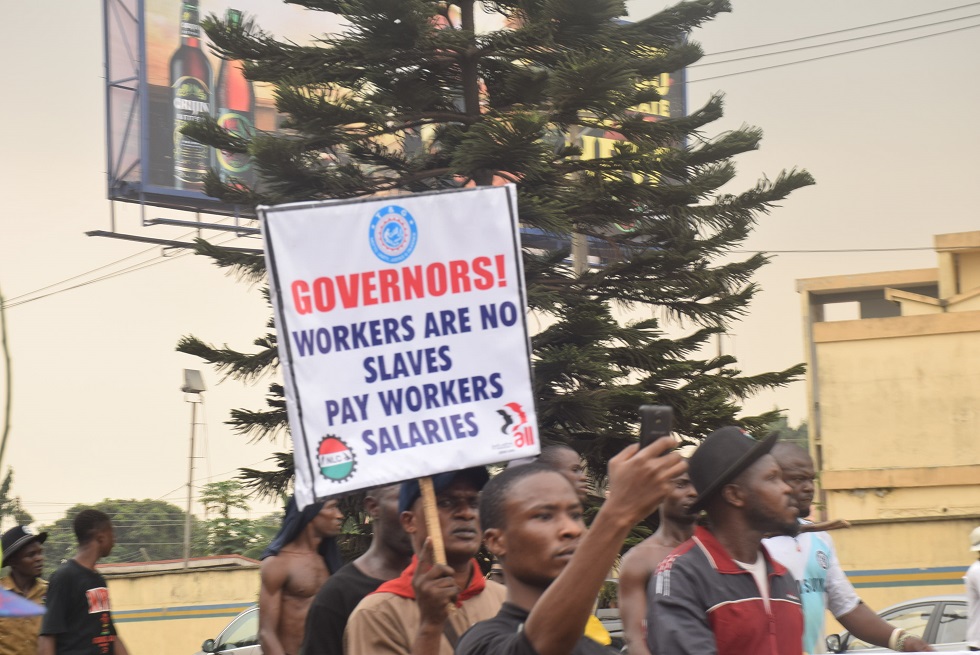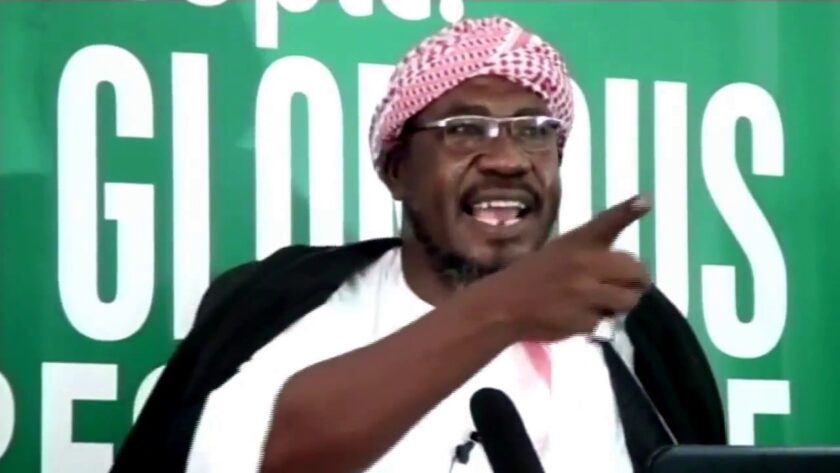BY WEALTH DICKSON OMINABO
This week started with the news of the attack on the Abuja-Kaduna train on Monday. About eight people are reported to have died while more than 25 were said to have been injured with an unspecified number of people abducted out of the over 300 people that were onboard the train. The attack came a few days after the Kaduna airport was attacked and about six months after the train on the same corridor was attacked. It could be recalled that in October 2021, bandits were reported to have attacked the same Abuja-Kaduna train.
The Monday attack has received different reactions, responses varying from the personalities and groups involved. The tones of responses range from condemnation, lamentation, dirges, grief, sorrow, fear, blames and hopelessness from different stakeholders.
The minister of transportation, Rotimi Amaechi, while speaking to journalists at the scene of the event lamented that he knew that the attack was bound to happen someday; which was why he had made a proposal for the purchase of security equipment. He said: “We knew what the problems will be. We know we needed to have digital security equipment on the corridors. We applied for it. Let me just stop here so I don’t hurt so many people. But I heard the president has given a directive that the procurement must be completed immediately.
Advertisement
“If we had those equipment on the tracks, you will see the entire track. And we warned that lives would be lost. Now, lives were lost. Eight persons dead and 25 persons in the hospital. We don’t know how many people have been kidnapped. And the cost of those equipment is just N3bn. The cost of what we have lost is more than N3bn.
“We have lost track. We have lost locomotives and coaches. We have lost human beings. And the equipment is just N3bn. To fix the damages will cost more than N3bn. To imagine that we just said give us the approval and not even the money. At the time we asked for it, when you come with sincerity to government and people are stopping you, it is annoying.”
The minister’s statement beggars belief. It shows gross negligence, lack of accountability and complacency on the part of those in authority, disdain for human life and utter disregard for responsibility. If those in power knew that the train was susceptible to attack, why risk the lives of citizens without the security camera. If it was established that the security gadgets are necessary for the safety of lives and properties, why allow the train to operate without the security cameras, knowing the security implications of it. This incident tells a story of a nation in crisis, a country approaching nihilism.
Advertisement
Monday’s attack is a sour commentary on the state of our nation, it is a manifestation of the vanquishing stature of the Nigerian state. A tragedy that questions the success claims of the government in the fight against terrorism. The attack amplifies the crisis of governance, the dysfunctionality of the Nigerian state and its institutions, the ceding of space to non-state actors. This is a sad reality, one that sends a wave of triumphalism in the camp of the terrorists.
For years, the Abuja-Kaduna road has been considered a highway to the grave because of reported cases of deaths and kidnapping. The federal road has been a fallow ground for criminal enterprise where bandits perpetuate their activities with little or no opposition from state actors. The road is seen as an ungoverned space that has been ceded to bandits and other associated criminals. This made citizens resort to the train services as the only safe means to Kaduna from Abuja and other neighbouring areas.
The attack on the Abuja-Kaduna train and the Kaduna airport is strategic; these terrorist groups are expanding their spheres of influence, asserting their strength and questioning the capacity of the state to contain them.
Also significant is the fact that there is the tendency for citizens to surrender some aspects of their freedoms, especially those pertaining to association and movement because of the fear of death. If the Abuja-Kaduna road and the train, as well as the Kaduna airport, have all come under attack in recent times, the wise thing to do is avoid these routes except when extremely necessary. The implication here is that this trend, if it subsists, will create more ungoverned spaces
Advertisement
Kaduna, before now, was seen as the security fortress of Nigeria and regarded as the most garrisoned state. It hosts many strategic security institutions of the country including the Nigerian Defence Academy (NDA, Defence Industries Corporation DICON, Nigerian Army School of Artillery in Kachia, Nigerian Navy School of Armament Technology, State Security Service Training Academy, Police College, the Nigerian College of Aviation Technology (NCAT), Nigerian Navy School of Armament Technology and many other military formations.
It is therefore strategic for the terrorists to choose Kaduna as a theatre of war; to triumph in Kaduna will be a show of strength and an omen of victory to other cities. This is why the government must rise to its responsibility of ensuring security. The successful attacks on strategic places in recent times should serve as a clarion call to our leaders that Nigeria is collapsing. Gradually, our cities are falling into the grip of non-state actors. Institutions’ national assets are symbols of national security and when these institutions are attacked at will by non-state actors, it foreshadows a sad political fate for our nation.
What to do?
The Nigerian government has not given the desired attention that the fight against terrorism deserves. The counterterrorism and counterinsurgency strategy has been characterised by politics, conflicts of interest, policy somersault, inter-agency rivalries and lack of proper coordination.
Advertisement
There is a need for government and security agencies to prioritise intelligence in the fight against terrorism and insurgency. Terrorism is not a conventional war, it requires non-conventional tactics to subdue the terrorist. It is in this regard that government must improve its approach to internal security.
The trust deficit between security agencies which redounds to interagency rivalries and competition among the different security outfits should be addressed. The issue of low morale by officers needs to be tackled. A counterterrorism strategy that will address the many gaps within Nigeria’s security architecture is needed now. A whole- of -society approach to security is urgent. A concise and implementable strategy that will be intelligence-driven, a framework that is citizen-centred is the way to go.
Advertisement
Part of the challenges of internal security in Nigeria today is the mistrust-the love-hate relationship between citizens and security agents. The adversarial relationship between civilians and security agents owing to the bitter experiences of citizens has been a challenge in many ways especially when it comes to intelligence gathering.
Citizens are the custodians and primary sources of intelligence. To succeed in this asymmetric warfare, citizens, especially civilians, must be involved in the business of security. State actors can do well to see citizens as equal stakeholders on issues of security and peace. They should accord civilians the dignity they deserve by upholding their rights and freedoms and stop seeing them as bloody civilians, objects of scorn and subject of oppression.
Advertisement
In the final analysis, it should be noted that the government derives its meaning in its ability to secure the lives and properties of the people. To miss this goal is to lose its relevance and create alternate hope for citizens. This is a thread that terrorists and other non-state actors have always held onto in establishing their relevance in overthrowing established governments, winning the hearts and minds of citizens to their side. We need to act fast, now that is the day. Time shall come when no man can walk. A stitch in time, they say saves nine.
Ominabo is the communications officer at the Goodluck Jonathan Foundation.
Advertisement
Views expressed by contributors are strictly personal and not of TheCable.
Add a comment
